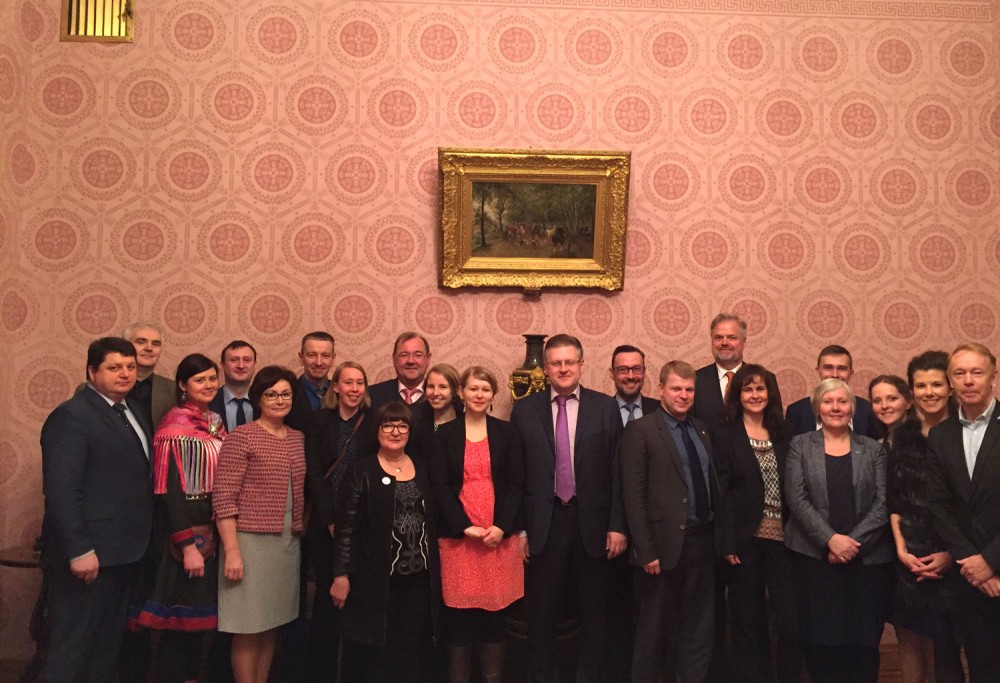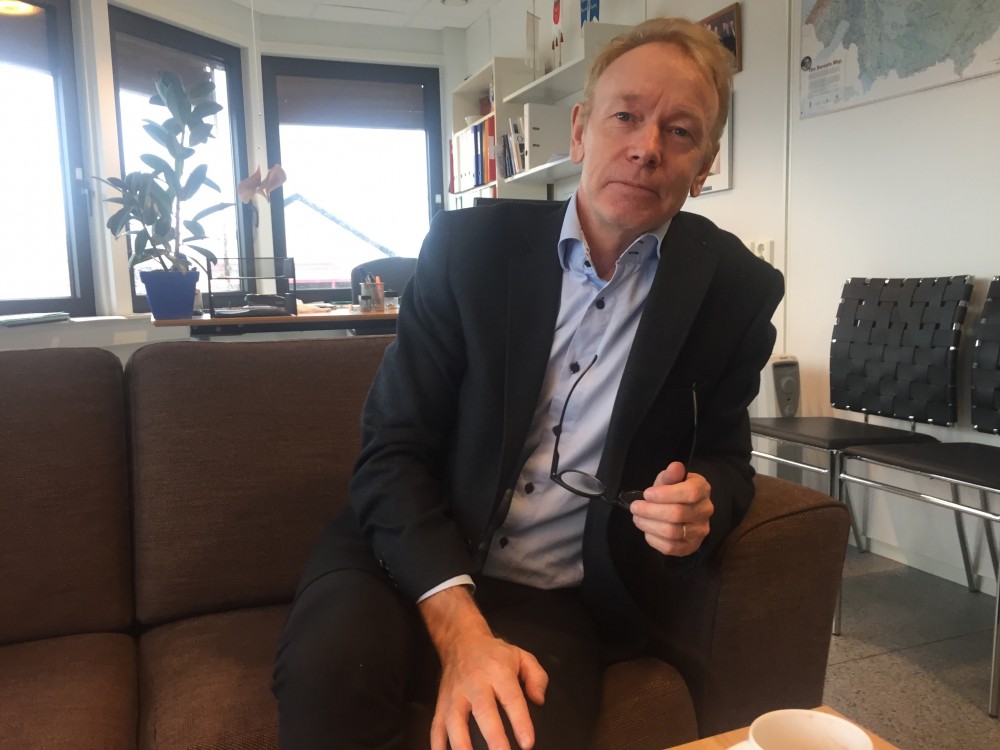
«These are the drivers of the Barents Cooperation»
ADVERTISEMENT
It was an initiative taken by the Russian chair in cooperation with the International Barents Secretariat, says Tomas Hallberg. He is Barents Secretariat leader in Kirkenes, Norway, and plays a key coordinative role in cross-border regional cooperation.
«The working groups are essential for the Barents Cooperation, it is in the working groups that the real work in made», Hallberg argues.
«You can say that the Barents Cooperation stands and falls with the working groups.»
Of the total of 14 Barents working groups, eleven were represented in the meeting, the first of its kind ever. It took place in Moscow under the auspices of the Russian MFA, the current chair of the Barents Euro-Arctic Council.
The working groups were established following the formation of the Barents Cooperation in 1993. They cover a wide range of issues, from transport, tourism and economic cooperation to environment, health and indigenous peoples. They include experts from all the four Barents countries; Finland, Norway, Russia and Sweden.
It is unlikely to be the last meeting of the kind. Hallberg believes Sweden, which takes over the chair of the Barents Council from Russia in October this year, will follow up the initiative.
ADVERTISEMENT
«I believe in this, it is a useful measure to bolster the working groups. It helps create a collective feeling among the group leaders and it strengthens relations between the groups and the politicians on the regional and national level».

The meeting included also representatives of the Barents Regional Committee and the Committee of Senior Officials (CSO), as well as the Barents Secretariat.
The strained relationship between Russia and its European neighbors clearly has affected cooperation also in the north. However, the Barents Cooperation bodies and groups have continued to work as before, seemingly unaffected by the political stalemate.
According to the Barents Secretariat leader Hallberg, the Russian MFA fully shares the view that regional cooperation and so-called people-to-people initiatives should remain at the core of the Barents initiative. The Russians also agree that Barents working group leaders should be invited to take part in the Barents Council meetings, Hallberg says.
The International Barents Secretariat has over the past years systematically engaged in measures aimed at a vitalization of the regional cooperation. In 2015, it elaborated a report on the state of the working groups.
That documents concludes that a big majority of the Barents working group members are highly motivated for cross-border cooperation, but that measures are needed vitalize the cooperation structures.
ADVERTISEMENT
The Barents Observer Newsletter
After confirming you're a real person, you can write your email below and we include you to the subscription list.




